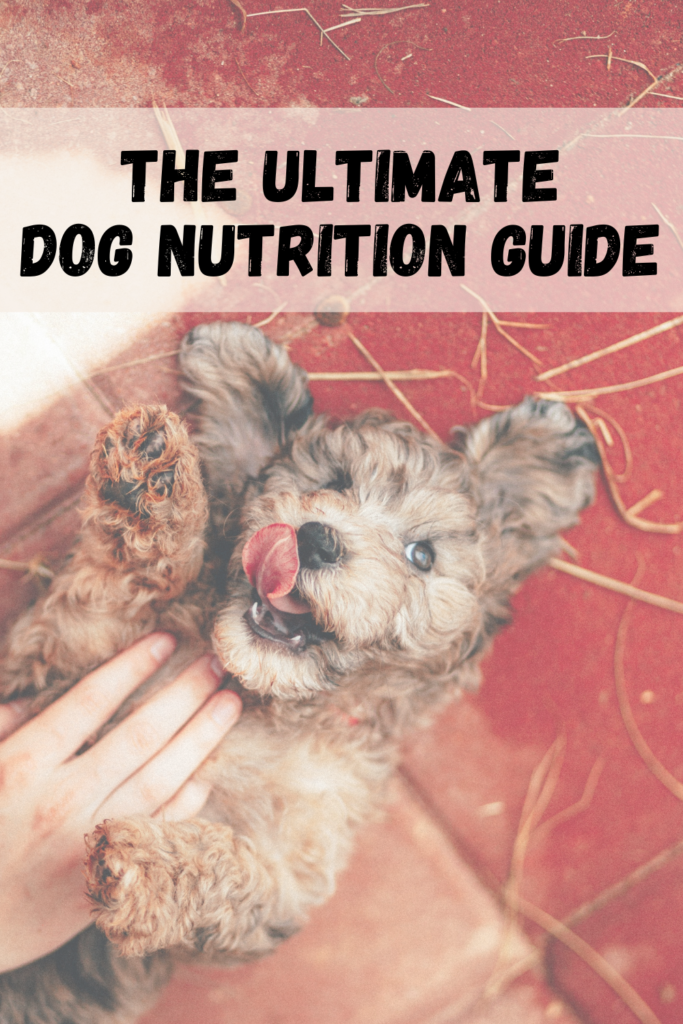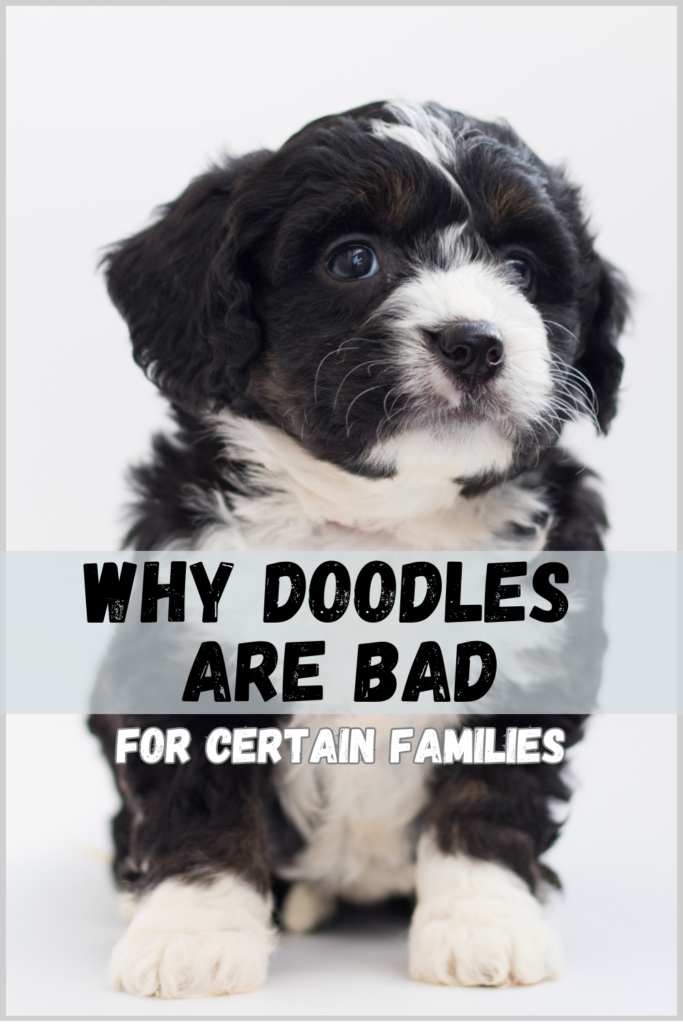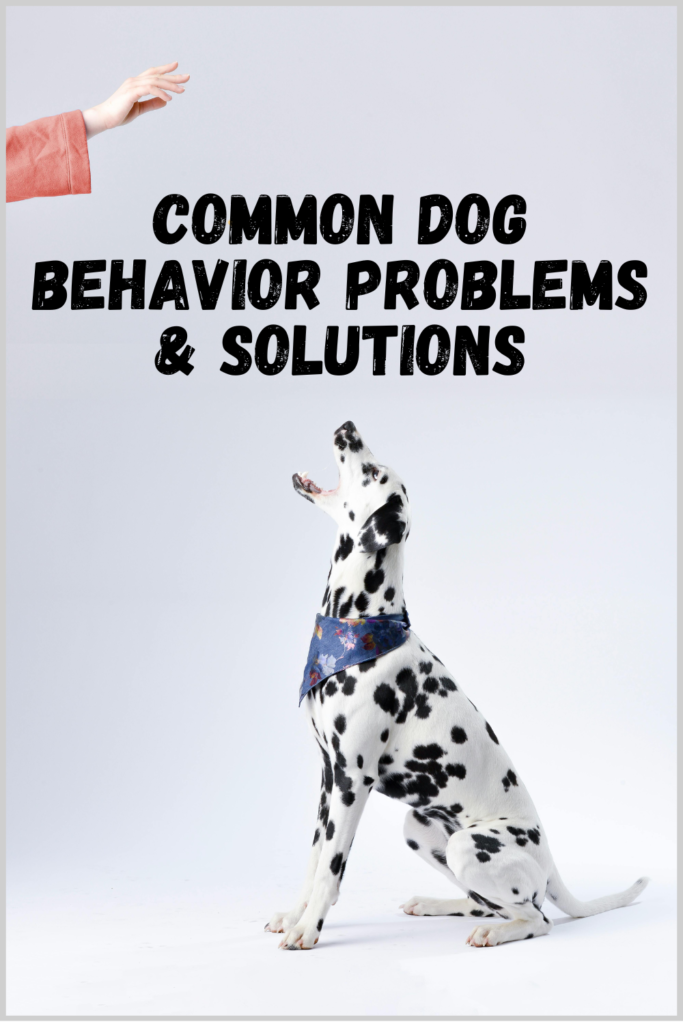
Is Grain Free Food Good for Dogs? Debunking Common Myths
Is it beneficial to feed dogs grain-free food? With the abundance of information surrounding grains in dog food, it’s essential to separate fact, from fiction in order to make informed decisions about your pet’s nutrition. In this blog post, we aim to debunk misconceptions about grain-free diets and shed light on the truth behind this highly debated topic. Lets explore the science and delve into the reality of grain dog food.
We ALWAYS strive to bring you up-to-date, research-based information on dog diet, health, and nutrition to give your best friend the long life they deserve.
This post is all about grain-free food for dogs!
Understanding Grain-Free Dog Food
Grain-free dog food has gained attention over time due to its advantages for dogs. Having an understanding of what constitutes grain-free dog food and the reasons behind its growing popularity can be helpful when selecting an appropriate diet for your beloved furry companions.
What is Grain-Free Dog Food?
Grain-free dog food refers to a type of food that excludes commonly used grains such as wheat, corn or soy. Instead, these foods are formulated with sources of carbohydrates and protein such as potatoes, peas, or lentils. These ingredients fall under a category known as pulse ingredients. The intention, behind this diet is to mimic a dog’s eating habits since wheat, corn, and soy were never a staple in their diet.
Choosing a grain-free diet is also highly useful for dogs who have sensitivities or allergies.
The Increase in Popularity
The rise in popularity of grain-free dog food is due to the growing awareness of the benefits. Many people believe that opting for grain-free options can result in shinier coats, increased energy levels, and reduced allergy symptoms. Additionally, as humans started paying less attention to diets with carbohydrates for their health, pet owners began seeking similar nutritional standards for their dogs. This led to a surge in the demand for grain-free options in the pet food market.
By understanding the underlying reasons behind its popularity and considering all factors, pet owners can make informed decisions to support their dog’s overall health.
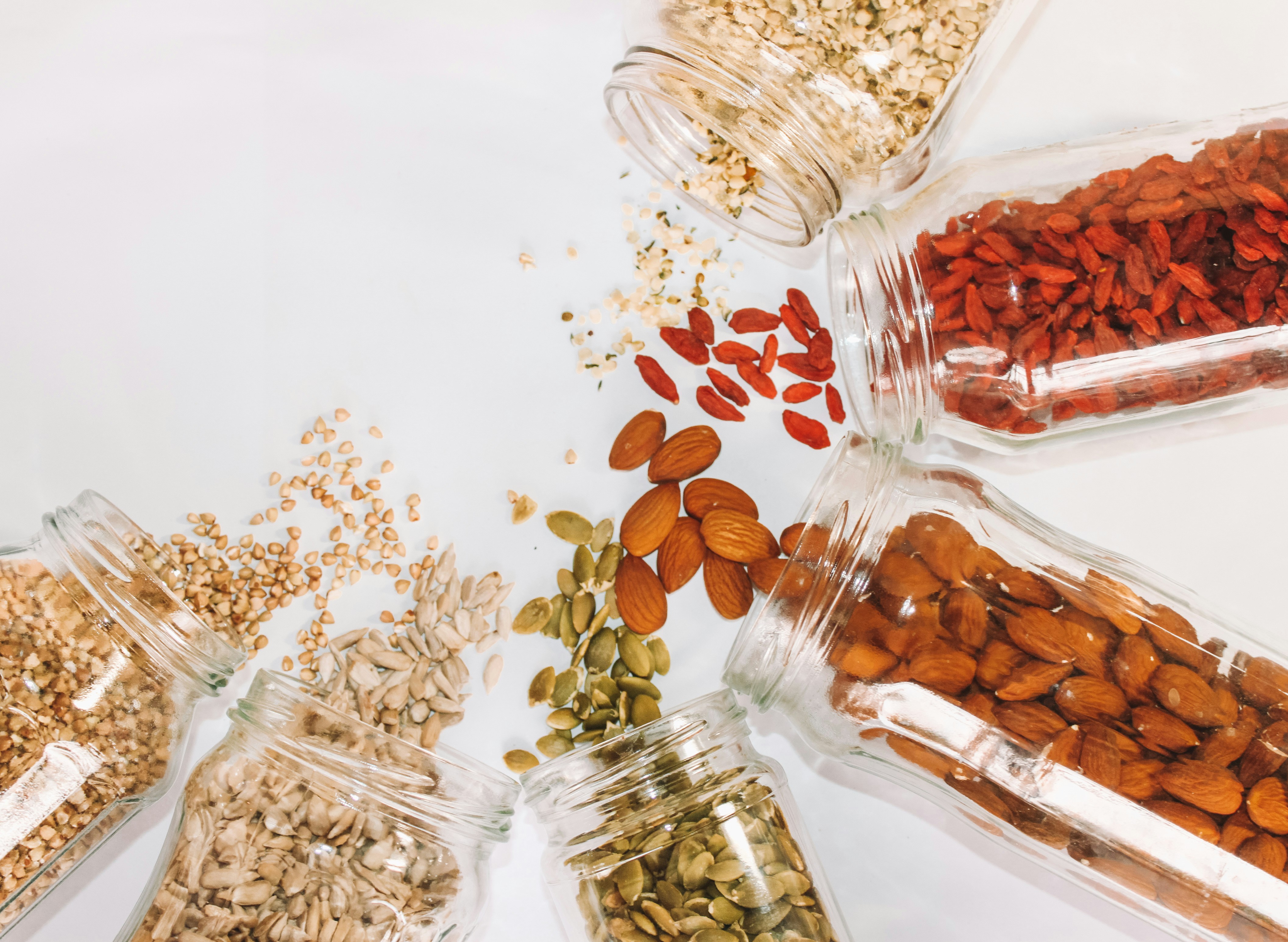
Debunking the Myth: Grain-Free Does Not Always Mean Healthier
Is grain-free food truly a healthier option compared to including grain-inclusive food? Let’s delve into the advantages and potential risks of grain-free diets for our beloved furry companions.
Nutritional Advantages of Grain-Free Dog Food
Grain-free dog food often incorporates high-quality animal proteins, like lamb, chicken, or fish as its first ingredients. The first few ingredients in an ingredient list typically indicate the quantities of each food used in the recipe. Adequate amounts of protein provide amino acids that contribute to muscle maintenance, overall health, and a lot of other functions in their body. Grain-free formulas often contain a variety of fruits and vegetables, which serve as sources of vitamins, minerals, and antioxidants. In grain-inclusive dog food, grains often appear as the first few ingredients and can make up the bulk of the recipe. Therefore, a grain-free diet can be beneficial for all, particularly dogs with sensitivities or allergies to wheat, corn, or soy.
Potential Risks of Grain-Free Diets
However, it is important to be aware of the risks associated with grain-free diets. Some grain-free formulas may compensate for the absence of grains by incorporating a proportion of legumes or potatoes. This can result in an imbalance in nutrients, such as fiber or protein content that may strain a dog’s system. Additionally, it is worth noting that the FDA is currently investigating a connection between grain-free diets and dilated cardiomyopathy (DCM) in dogs (more on this below!).
By considering the benefits alongside these potential risks, pet owners can make informed decisions about whether grain-free diets are suitable for their beloved companions.

Fact-Checking: Common Misconceptions
Link Between Grain-Free and Canine Heart Disease
You may have heard claims linking grain-free dog food to canine heart disease, but the truth is a bit more complicated. While some reports have suggested a potential connection, it’s essential to consider the broader context. The FDA investigation into this matter revealed that there may be a correlation between certain types of diets, including grain-free options, and dilated cardiomyopathy (DCM).
Why question the validity?
It’s crucial to recognize that correlation does not necessarily imply causation. There are various factors at play, including breed predispositions, genetic influences, and individual variations in metabolism and overall health. For example, a few studies concluded there could be a correlation, but failed to account for the fact that the majority of the dogs were predisposed to have DVM. There are two types, primary and secondary DVM. Dogs born with DVM are diagnosed with primary DVM, whereas, dogs who develop DVM are diagnosed with secondary DVM. This would skew the results without controlling for the genetic influences.
Moreover, though they are researching grain-free dog food, they are not accounting for the variety in other ingredients, as those by themselves might be the cause. For many years, the possibility of increased DVM cases due to the amounts of pulse ingredients was studied. However, a study published in March 2023 showed that there was no difference between the amounts of pulse ingredients and DVM.
In light of these complexities, it’s essential to consult with your veterinarian to determine the most suitable dietary options for your furry companion. Your vet can offer personalized recommendations based on your dog’s unique needs and help you navigate any concerns about grain-free diets and heart health.
When in doubt, you want to choose common, large-brand dog foods, as this will ensure there are no nutrient deficiencies. Not having the right amount of nutrients like taurine, an essential amino acid, could also be linked to DVM and other health issues.
Impact of Grain-Free on Canine Digestive Health
Another common misconception surrounding grain-free dog food pertains to its impact on digestive health. Some believe that grain-free diets are universally superior for digestive function, but the reality is that all diets whether it is grain-free or grain-inclusive are considered ‘highly digestible’. However, grain-free formulas may incorporate alternative carbohydrate sources, such as peas, lentils, or potatoes, which can also trigger sensitivities in certain dogs. Other than grains being a potential source of allergens for some dogs, they can provide valuable nutrients and dietary fiber.
Ultimately, choosing between grain-free vs grain-inclusive dog food is a personal preference. Factors such as your dog’s allergies/sensitivities and the ingredient list should be the main considerations. Carbohydrates are essential for your dog’s health. Whether you opt for a grain-inclusive versus grain-free diet is entirely up to you. By examining misconceptions and seeking professional advice you can prioritize your dogs well being and make dietary choices that align with their specific needs.

Choosing the Right Grain-Free Diet
Key Nutrients to Look for in Grain-Free Formulas
When selecting a grain-free diet for your furry friend, it’s crucial to prioritize specific nutrients essential for their specific breed’s overall health. Look for formulas rich in high-quality animal protein, such as chicken, beef, or fish, to support muscle development and energy levels. Omega-3 fatty acids, like DHA and EPA, promote healthy skin, a lustrous coat, and cognitive function. Look for a source of carbohydrates as an energy source. Additionally, ensure the presence of vitamins, minerals, and antioxidants, including vitamin E and selenium, to boost your dog’s immune system and protect against oxidative stress. The more nutrient-dense whole food ingredients there are, the better in my eyes!
Less synthetic ingredients = Less nutrients lost in the process.
These can change for your dog’s specific needs. For example, age, weight, and common health issues related to your breed can all play a factor into what type of grain-free dog food you good.
Consulting with a Veterinarian
Before making any dietary changes for your dog, consulting with a veterinarian is paramount. A professional can provide tailored recommendations based on your dog’s individual needs. Their expertise will ensure that the grain-free diet you choose aligns with your dog’s dietary requirements, promoting their overall well-being and longevity. Regular check-ins with your vet can also help monitor your dog’s response to the new diet and address any potential concerns early on.
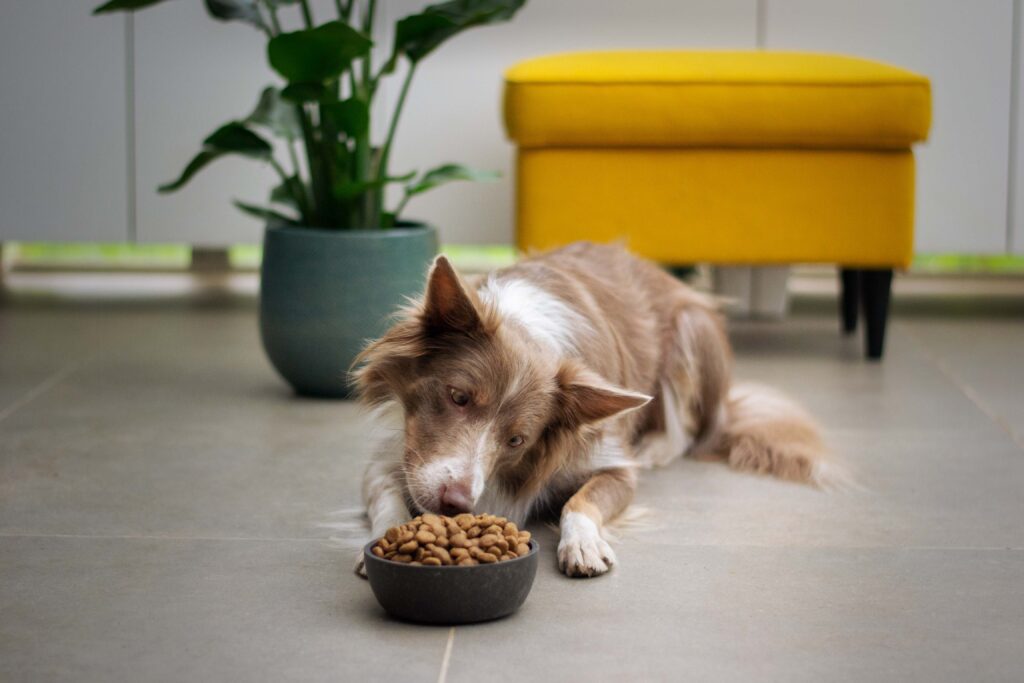
Conclusion
In conclusion, it’s important to separate fact from fiction when it comes to grain-free dog food. So… is grain-free food good for dogs? I think in many ways YES! It doesn’t mean your dog won’t get carbohydrates, it just means you might be getting it from a grain-free option. While there are many common myths surrounding this type of diet, the reality is that grain-free dog food can be a suitable option for many dogs, especially those with specific dietary needs or sensitivities. I might sound like a broken record but always consult with a veterinarian to determine the best diet for your furry friend. By debunking the myths and understanding the facts, you can make an informed decision about whether grain-free dog food is the right choice for your pet.

